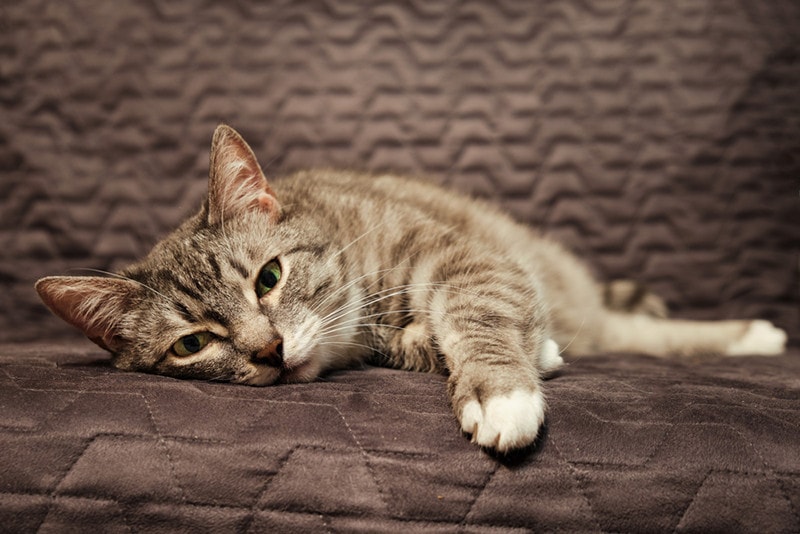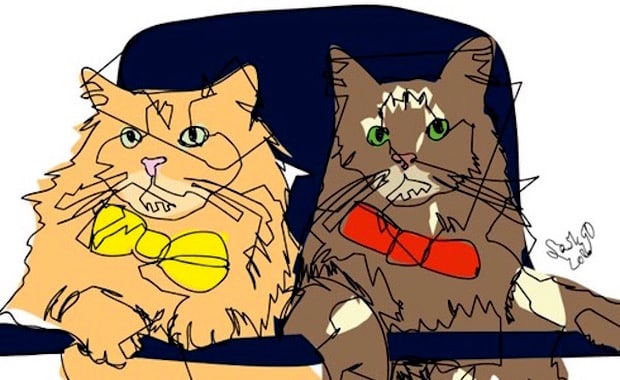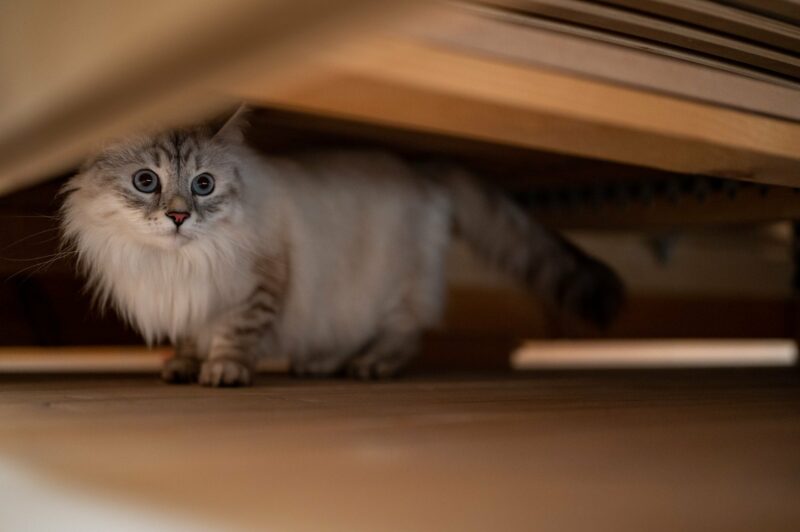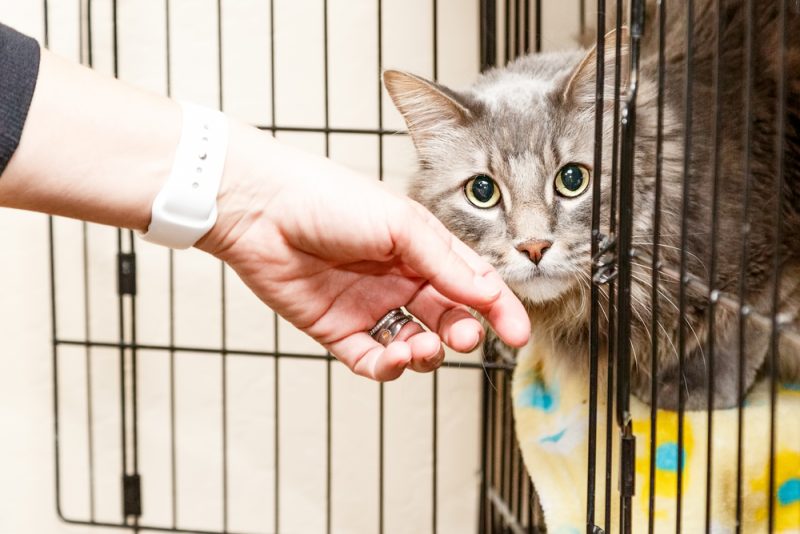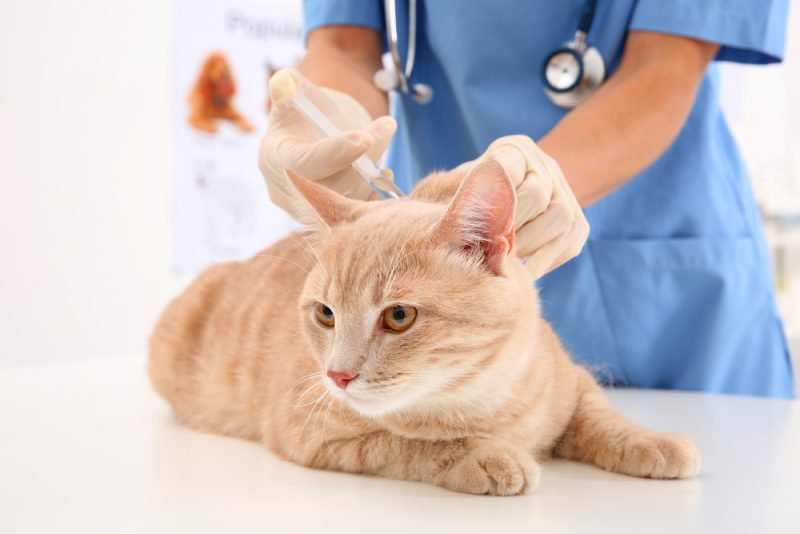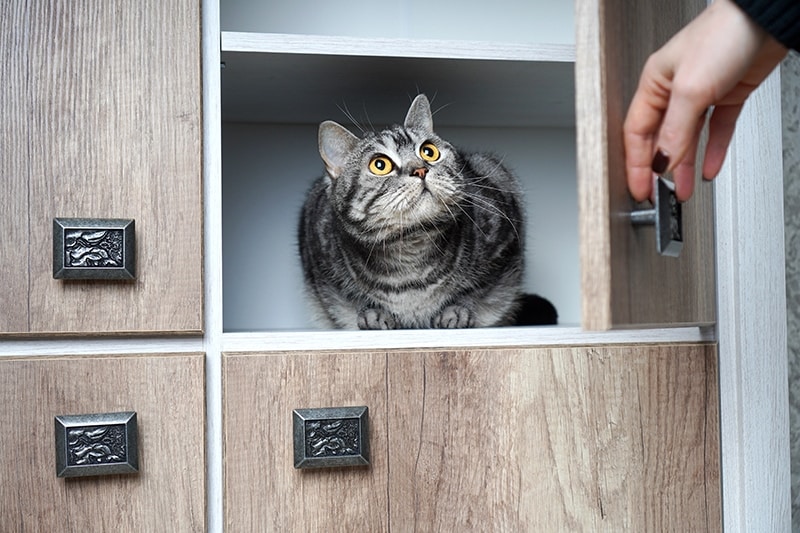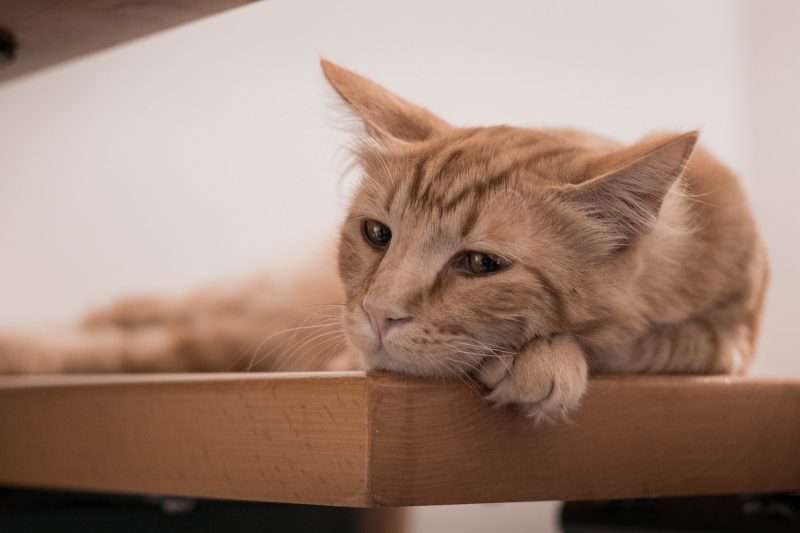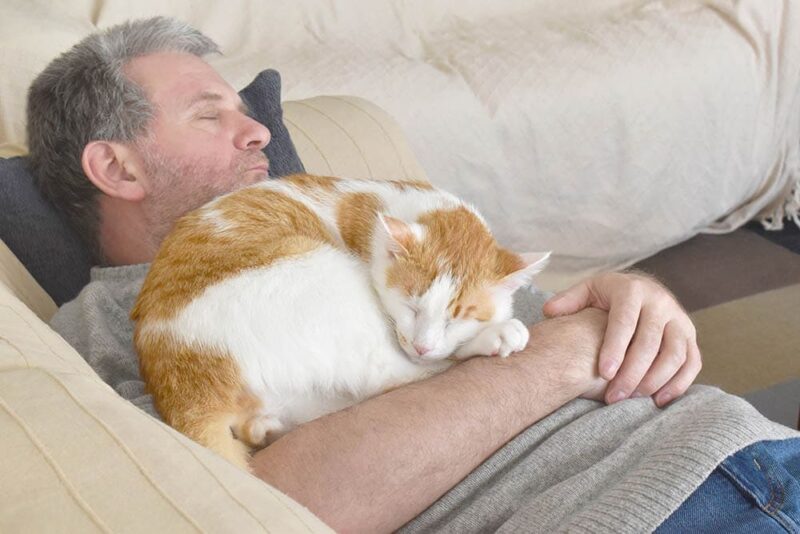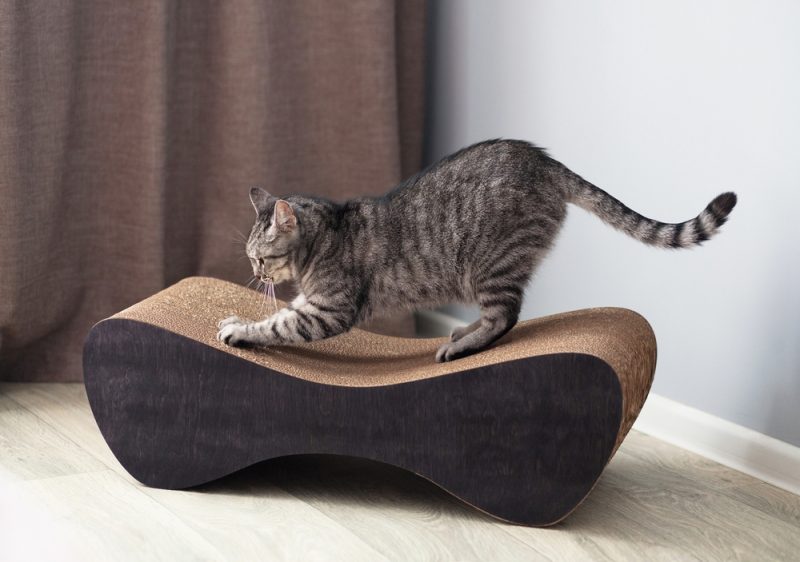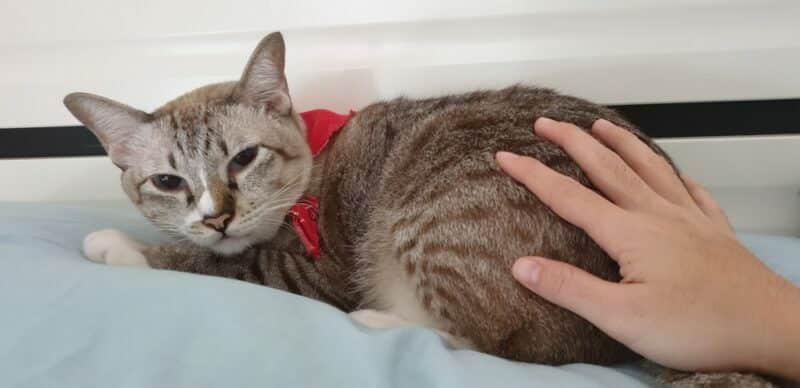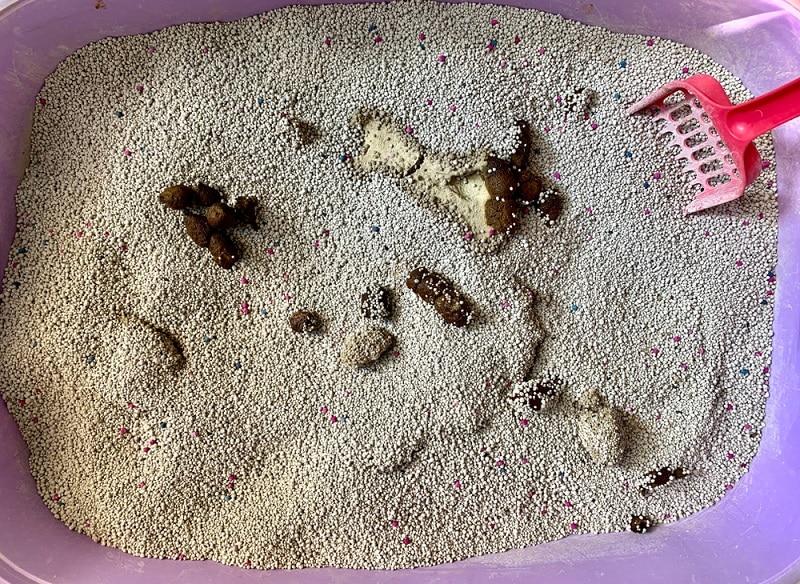Figuring out why your cat acts the way they do can be a complicated matter. We know cats are different from humans, but they can experience some of the same emotions. For example, most animal behavior experts believe cats can experience grief.
Not every cat will feel grief if they lose a feline or human companion, but those that do may take months or more to recover. In this article, you’ll learn how to help a grieving cat and spot the signs of grief in your kitty.

How to Tell If Your Cat Is Grieving
According to an ASPCA survey,1 65% of cats experience four or more behavioral changes that indicate grief. If your cat recently experienced a loss, especially of another pet, look for the following signs:
- Appetite changes
- Decreased activity level
- Excessive sleeping
- Depression
- Lack of interest in toys or normal routines
- Hiding or being extra clingy
- Vocalizing
Some of these behavior changes can also indicate a health problem. You can visit your vet to rule out any medical reason for your cat’s behavior.
If you need to speak with a vet but can't get to one, head over to PangoVet. It's an online service where you can talk to a vet online and get the advice you need for your pet — all at an affordable price!


The 6 Tips on How to Help a Grieving Cat
1. Keep Daily Routines the Same
As much as possible, keep your cat’s daily routine the same as they grieve. Your cat is already coping with a major upset in their daily life with the loss of the person or pet they were attached to. Familiar mealtimes, toys, couch time, and playtime can help them feel that at least some parts of their life are still the same.
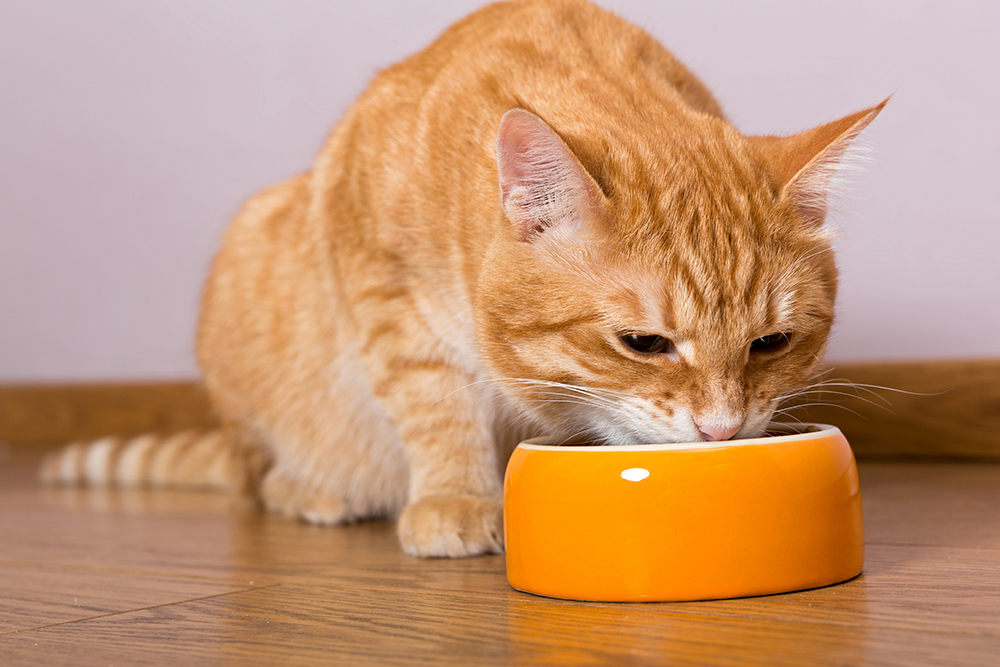
2. Offer Extra Attention
Spend extra time with your cat during the grieving process. This attention will look different for every cat. Some might appreciate extra cuddles and being close to you.
Other cats might enjoy a new toy or increased play sessions. Special treats or extra kibble may help soothe your cat as well. Whatever the details, the goal is to reassure your cat that you’re there for them as they grieve.
3. Ignore Bad Behavior
Some cats deal with grief by turning to unwelcome behaviors, such as constantly yowling or meowing. Avoid unintentionally reinforcing this behavior, even if you dislike it.
Ignore the behavior you want to stop and interact with your cat only when they’re quiet or behaving appropriately. Reward the calm behavior with attention or treats. In time, your cat should stop the bad behavior.
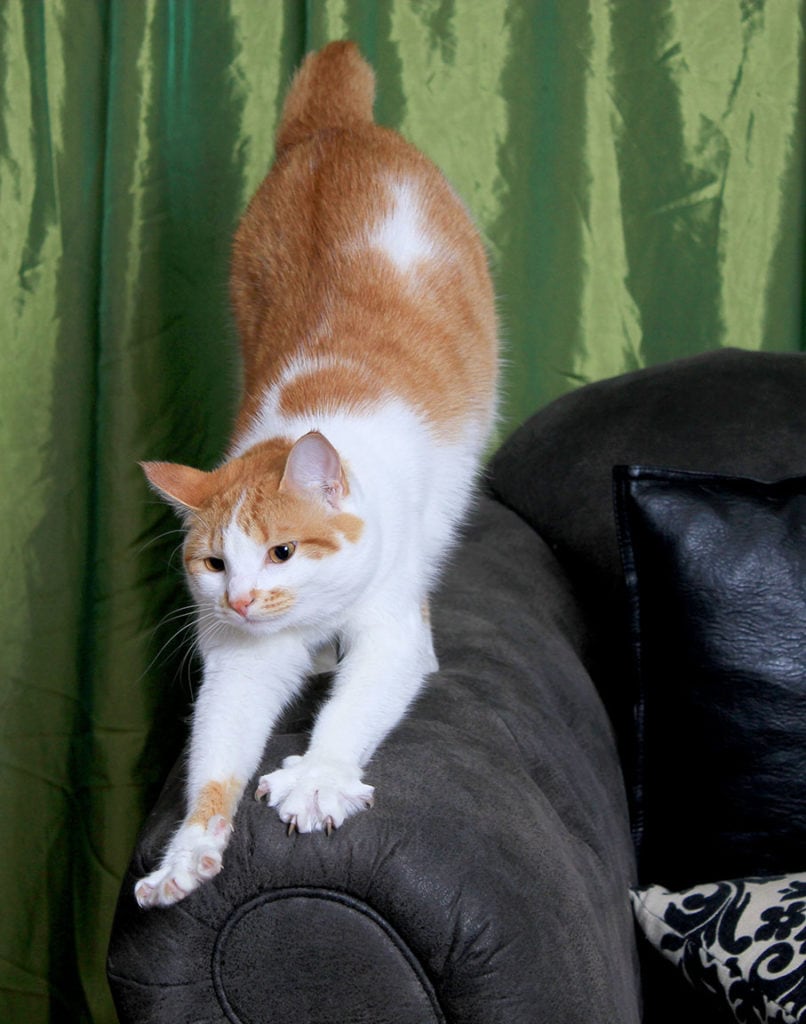
4. Keep Your Cat Busy
Keeping your cat distracted and busy as they grieve can help them handle the process. Ensure your cat has plenty of toys, scratching objects, and vertical platforms.
This step is crucial if you leave your sad kitty alone during the day. Consider leaving the TV on or placing a bird feeder outside so your cat can watch the birds. You could also hire a pet sitter to stop by during the day and spend time with your cat. Your cat might also enjoy visits from favorite human friends.
5. Be Affectionate
Show your grieving cat extra love. Talk to them more frequently during the day. Pet them or make eye contact often to let them know you care and are there for them. If your cat is hiding or staying out of sight, check in on them frequently, even if it’s only for a brief hello or quick ear scratch.
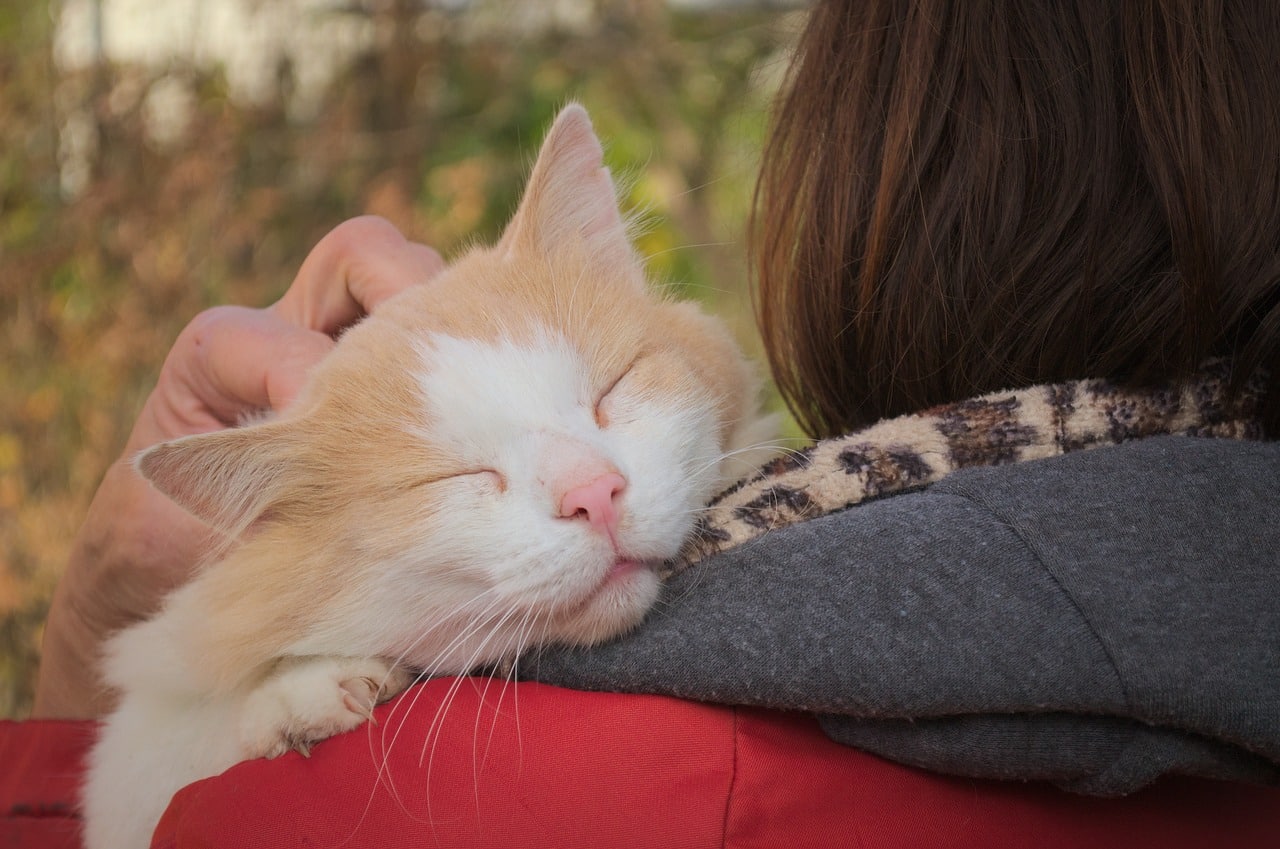
6. Ask for Help
If your cat seems to be struggling to cope with their grief, especially if it starts impacting their appetite, it might be time to ask for help. Your vet can suggest other strategies to help your grieving cat. They can also prescribe medications to help your cat deal with their emotions. If necessary, your vet may refer you to a cat behavioral specialist.
Will Getting a New Pet Help Your Grieving Cat?
While it can be tempting to bribe your cat out of their grief by getting them a new friend, it isn’t always helpful and may make matters worse. Adult cats don’t necessarily bond with new pets easily. A new pet also represents a significant change to their daily routine, which you should avoid as your cat grieves.
Adding a new pet can be a source of stress and anxiety, even for an emotionally stable cat. While you may want a new pet to help your sadness, consider whether it is the best move for your cat.
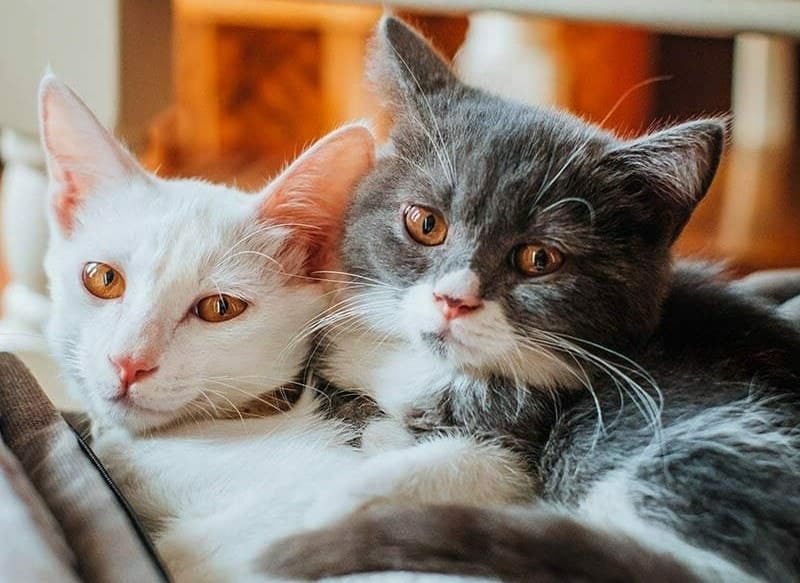

Conclusion
There’s no way to know how long your grieving cat will take to recover. Days, weeks, or even months might go by, depending on how attached your kitty was to the pet or person they lost. If you feel helpless to comfort your cat, try the six steps outlined in this article. Be patient with your cat, and remember to be kind to yourself if you are grieving, too.
- Related Read: Cat Loss Quotes: Grieving & Coping with Pet Loss
Featured Image Credit: Zhuravlev Andrey, Shutterstock
